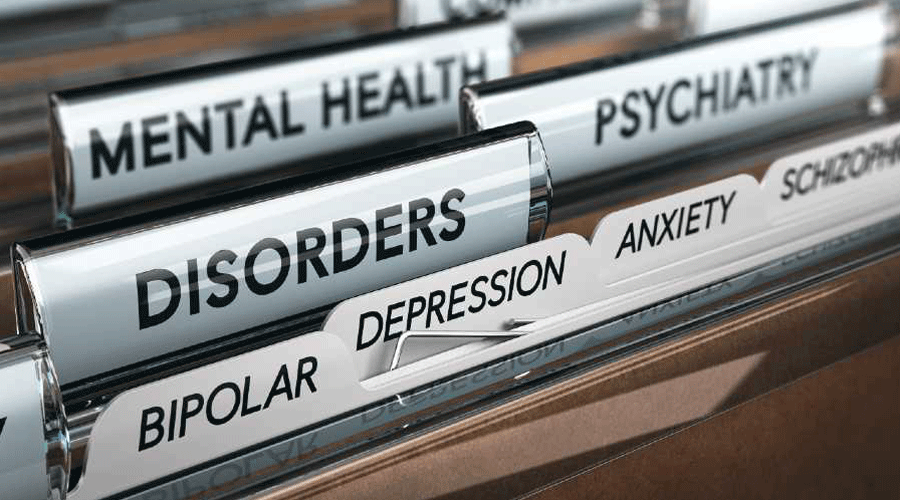- 98143 70700
- info@thehermitage.rehab
- 22, Circular road, Opp. VR Ambarsar, Amritsar

Nowadays worldwide the importance of mental health is being recognized but the journey of this has not been an easy one and neither have we reached a destination where the task of accepting Mental Health as a separate entity has been completed.
Mental health’s significance came into being in the mid-19th Century when William Sweetser first coined the term Mental Hygiene. This generally included maintaining the well-being of the mind from any sort of outside complexities and incidents that could hamper its normal functioning.
On the other hand, when we talk about mental health and its well-being in Indian society, it can be stated clearly that the paradigm of it is under construction. Cultural variations, lack of understanding as well as inability in accepting the truth about the impact of psychological health and the need to seek assistance for it has made a dent in humanity.
Often, people with psychiatric illnesses or psychological disorders are marked, discredited, and labeled which further leads to discriminatory behavior against them. They are called “crazy”, “dangerous”, “weak” or “incompetent” just because they seem different than what is considered normal.

For instance, someone is undergoing depression and may have symptoms such as an inability to take care of themselves and poor hygiene, they may cry a lot and are unable to get out of bed. Such behavior is many a time branded as “seeking attention” or being “too sensitive” and are frequently given pieces of advice to make their mind stronger. Here it needs to be emphasized that ailments related to the mind will not go away by themselves. Yes, willpower, is needed to seek help and treatment but willpower alone cannot aid the sufferer.

Therefore, believing that a patient with mental illness can control his symptoms is like believing that a patient with cancer can control it from spreading to other parts of the body.
When a society as a whole degrades and disregards such patients, they are not only targeting his/her symptoms but are also worsening them by being unaware of the long-term consequences. In such cases, patients may feel;

Stigmatizing mental health can have influences that are ever-lasting and may conjure more convolutions as time passes by. It is the need of the hour to raise awareness about the importance of cognitive health and how the benchmarks of acceptance can be established if the necessary enlightening steps are taken in the initial years of a child being born.
Remember, that today’s psycho education can save you from tomorrow’s predicament.
WhatsApp us